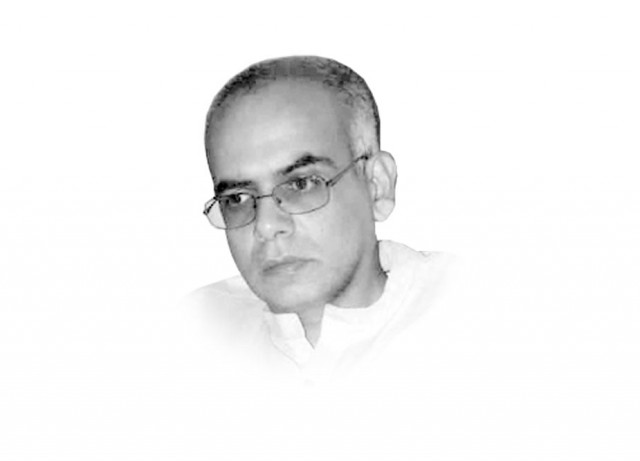The death penalty in Pakistan
It seems that govt’s decision to completely lift moratorium on death penalty, has opened a much bigger Pandora’s Box

The writer is author of the book Development, Poverty and Power in Pakistan, available from Routledge
There is no overwhelming evidence for the effectiveness of the death penalty in preventing serious crimes. A study done by the UN in 2008 found that executions do not serve as a more effective deterrent to serious crimes than life imprisonment. However, executions still take place in several countries. Besides Pakistan, China, Saudi Arabia, Iran and the US are other countries where the highest numbers of executions take place. Pakistan is, however, one of the handful of countries which since 1990 has executed prisoners under 18 years of age at the time of committing a crime. Although it had subsequently increased the minimum age for executions to 18 years, the government seems adamant over hanging a convict who had committed a murder when he was still allegedly under 18 years of age this past month, before the president postponed the execution.
Now that the moratorium has been lifted, some of the names on the list of planned executions include Mumtaz Qadri, who killed the former Punjab governor, but also Aasia Bibi, the woman whose life the governor died trying to protect. The Supreme Court has recently stepped in to suspend death sentences issued to six alleged militants by the military courts based on a petition challenging the fairness of their trials. The legality of the military courts has also been questioned and is currently under review by the Supreme Court.
Opinion about the need for military courts remains divided. Some argue that the conventional court system is overburdened and too slow, and there is a heavy reliance on witness testimony and very little protection for judges and prosecutors. This makes terror cases hard to prosecute since extremists easily intimidate witnesses and lawyers into dropping charges. We have indeed seen many high-profile suspected perpetrators of sectarian and terrorism-related violence walk free after the failure of the judiciary to convict them. Conversely, others argue that the military courts themselves do not provide fair trials, and their trial process is neither public nor transparent. Moreover, non-terrorism related offences have also been tried under the Anti-Terrorism Act in order to expedite trials.
The justification of resuming executions as a way to tackling the country’s law and order challenges has also come under question. Supporters of the death penalty in Pakistan argue that it is the only effective way to deal with the scourge of militancy. Those opposed to the death penalty point out that those committed to dying for their cause will not be deterred by the threat of death. Moreover, they point out that the overall judicial system in the country is seriously flawed. The frequent use of torture to extract confessions and the lack of adequate investigative, including forensic capacity, are some of the reasons why many innocent people may have been wrongly sentenced to death. It seems that the government’s decision to completely lift the moratorium on the death penalty, after stressing that only convicted terrorists would be hanged, has opened up a much bigger Pandora’s Box.
Published in The Express Tribune, May 1st, 2015.
Like Opinion & Editorial on Facebook, follow @ETOpEd on Twitter to receive all updates on all our daily pieces.














COMMENTS
Comments are moderated and generally will be posted if they are on-topic and not abusive.
For more information, please see our Comments FAQ